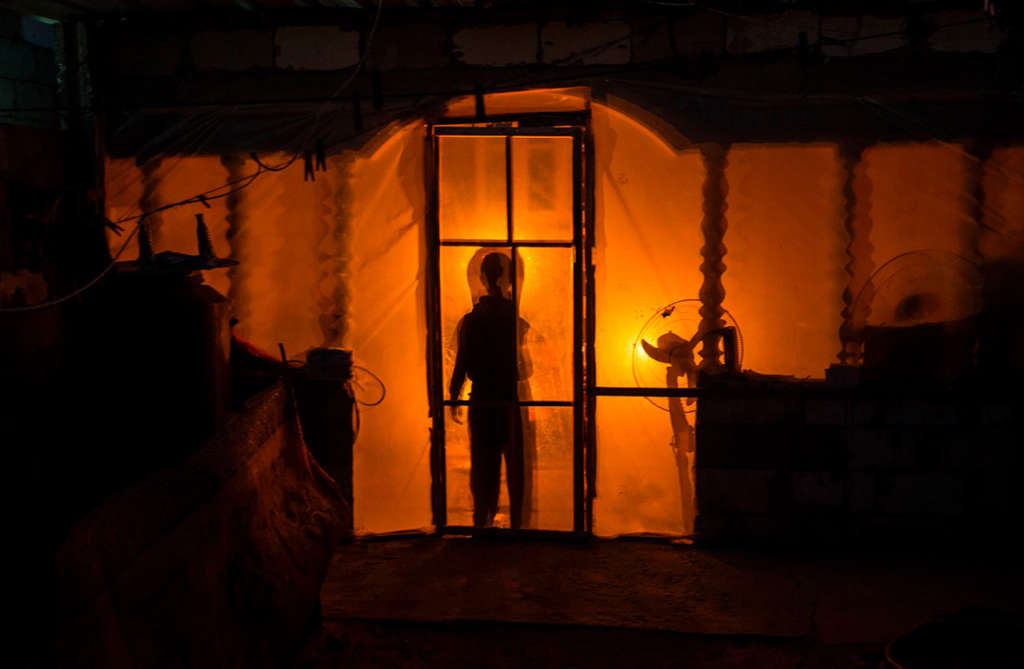Ramallah– The Palestinian Authority (PA) has decided to stop paying for electricity supplied by Israel to the Gaza Strip, which covers around the third of the area’s total needs.
The decision falls within a series of measures approved by President Mahmoud Abbas in an attempt to force Hamas to hand over authority in Gaza to the consensus government.
Hamas, which is regarded by Israel as a terrorist organization, does not deal directly with the Israeli authorities on electrical and fuel supplies.
Israel’s government coordination office (COGAT) issued a statement saying the Palestinian Authority has informed it that it would immediately stop paying for the electricity that Israel supplies to Gaza through 10 power lines that carry 125 megawatts, or some 30 percent of Gaza’s electrical needs.
As soon as the PA decision was announced, a wave of panic prevailed over Gaza and residents rushed to petrol and gas stations to buy necessary supplies in case of severe power shortage.
Amid rising fears and concerns, Hamas-led Petrol Authority in Gaza issued a statement denying the presence of a fuel crisis and asserting that the situation was still “normal and stable”.
Hamas spokesman Sami Abu Zuhri said the PA’s decision to abstain from paying for the electricity Israel transfers to Gaza constitutes “a dangerous escalation and a fit of insanity.”
Gaza is currently totally relying on electricity purchased from Israel, as the Gaza Power Plant, which produced about 30% of the territory’s electricity supply, was forced to shut down completely earlier this month after exhausting its fuel reserves and being unable to reload them due to a shortage of funds.
Meanwhile, a local Hebrew newspaper said that Israel would not immediately cut power off the Gaza Strip, quoting Israeli sources as saying that Tel Aviv was worried about the deterioration of the humanitarian situation in Gaza and would seek to find solutions to the power crisis with the international community.
Israeli sources quoted by Reuters said that Gaza needed 400 megawatts of power to ensure full 24-hour supply to its residents.
That goal was not being met even when the power plant is operational. It usually produces 60 megawatts, added to the 125 megawatts supplied by Israel and 25 megawatts that come across power lines from Egypt.
